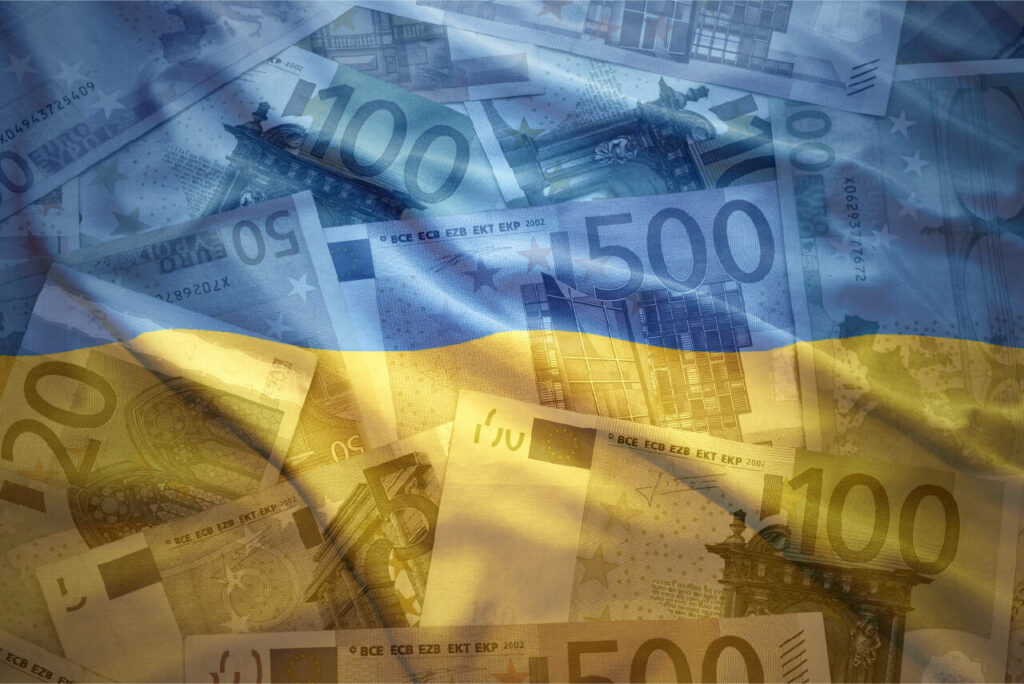This article was originally published by Euractiv.
Dominated by the Ukraine crisis, the informal summit of EU heads of state and governments meeting this week in Versailles is likely to see tough discussions on the implementation of a new common debt issue that would operate in a similar way to the Recovery and Resilience Facility (RFF)of the NextGenerationEU (NGEU) programme. This programme was developed to deal with the medium- and long-term consequences of the Covid-19 crisis.
The idea that will probably be discussed in Versailles is to provide EU member states with additional means to deal with the economic consequences of the war in Ukraine – energy, anyone? – and to build a “European defence.”
Beyond the tensions of certain northern European countries over the systematic use of public debt to combat all the ills affecting the European Union, it is perhaps useful to recall two things:
- On the one hand, the activation of the RFF is underway and we will have to wait a little longer to know whether it has achieved its objectives. The economic effects estimated ex ante are generally positive, all the more so as the funds allocated will be directed to the Member States most affected by the pandemic (Italy and Spain).
- On the other hand, the NGEU programme is divided between transfers or grants (390 billion euros, in constant 2018 euros) and loans (360 billion euros, in constant 2018 euros).
The benefits of each are quite different:- Transfers are a form of free money at least in the short-term for those who receive them: repayment will be late and shared between all Member States, so recipients will only repay a fraction of what they receive.
- The loans imply paying immediate interest charges, albeit at a lower rate than the national rate if the borrowing country has a positive interest rate differential compared to the best borrowing conditions in the European Union.
The expected gain from the loans is therefore much less than the expected gain from the transfers… which has as a corollary that of the 360 billion euros foreseen for these loans, a significant fraction may never be mobilised by the Member States.
Why take out a common loan if you can go directly to the financial markets to finance yourself?
The facility exists; it has not yet proved its worth, but Europeans have agreed that it should be implemented.
So rather than considering renewing the NGEU programme – already – by adapting it to new challenges, would it not be possible for the EU to transform the residual loans of the RFF into immediate transfers and grants to Member States?
The facility exists; it has not yet proved its worth, but Europeans have agreed that it should be implemented. Let’s give it every chance to be effective by using it fully and very quickly: there is no shortage of projects to finance!
